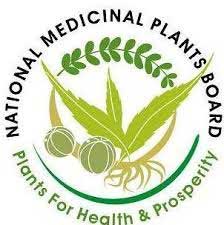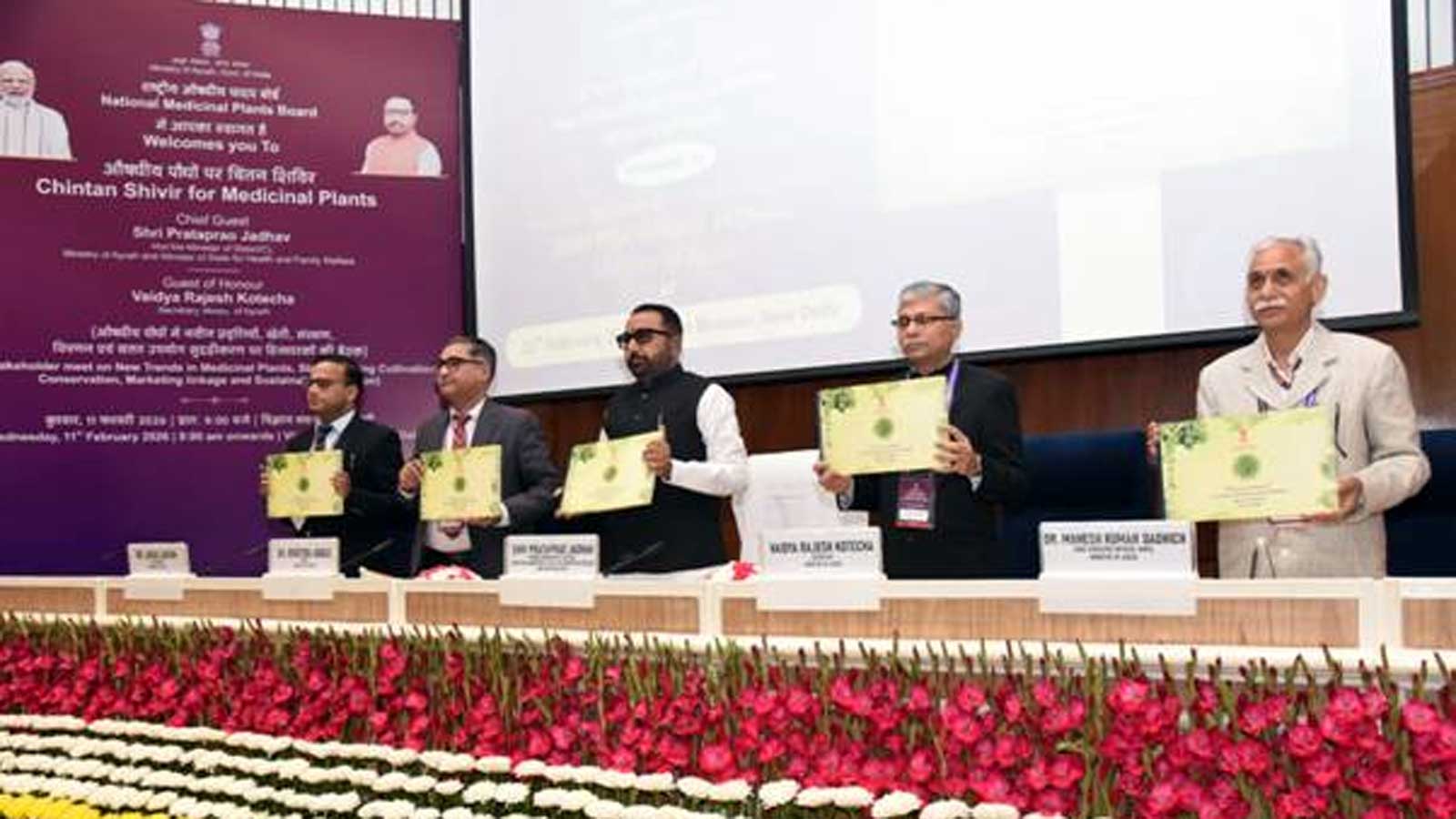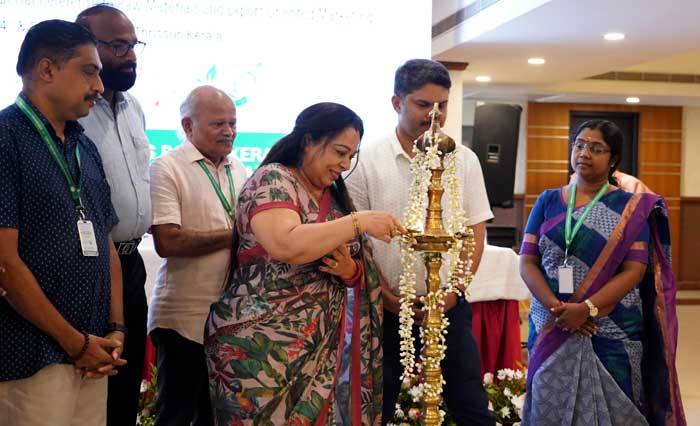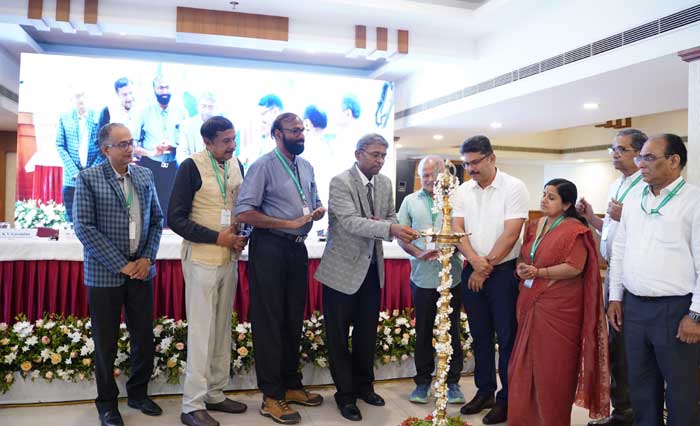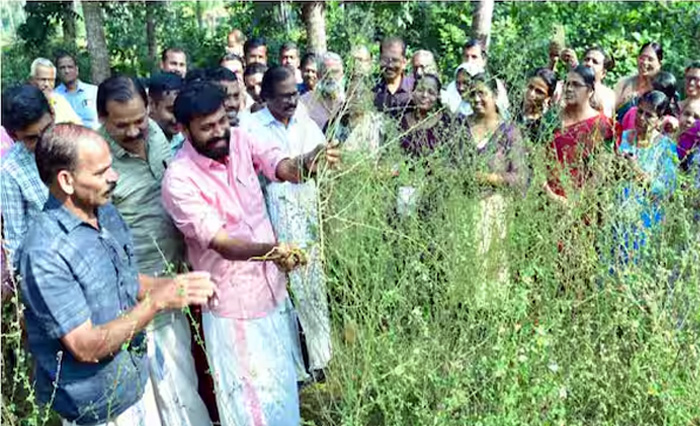
About Us
SMPB Kerala
The State Medicinal Plants Board (SMPB) Kerala is a government organisation under the AYUSH Department whose mission is to coordinate matters relating to medicinal plant cultivation, conservation, promotion, research and development in Kerala.
The Kerala State is a rich repository of plant diversity due to its peculiar phytogeography. Medicinal plants are a significant component of Kerala's plant resource spectrum. The global clamour for more herbal ingredients creates opportunities for local cultivation of medicinal and aromatic plants, also the controlled and sustainable harvesting of wild plants.
SMPB is implementing various prestigious projects in the State namely Ex-situ & In-situ conservation of medicinal plants, School Herbal Gardens, Home Herbal Gardens, Institutional Herbal Gardens, Conservation of Sacred Grooves with medicinal plants, programs for creation of awareness among the students and public.
Read More